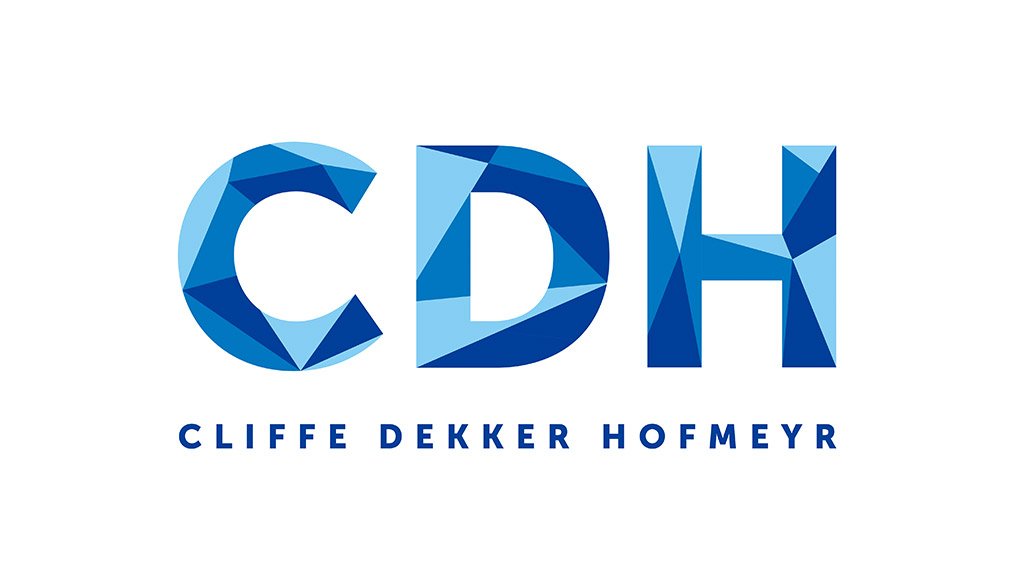The High Court recently emphasised the impact of prescription on a claim for vicarious liability arising out of sexual harassment in LM and South African Broadcasting Corporation. (2024) 45 ILJ 189 (GJ)
At a glance
- The High Court recently emphasised the impact of prescription on a claim for vicarious liability arising out of sexual harassment.
- Whether arising from delict or the Employment Equity Act 55 of 1998, employers must be mindful of and guard against the potential for vicarious liability claims stemming from sexual harassment in the workplace.
- While such claims may be subject to prescription there may be instances where prescription does not run.
The plaintiff, LM, was an employee of the South African Broadcasting Corporation (SABC) for a short period in 2007 and had resigned, alleging sexually harassment by her supervisor. LM referred a constructive dismissal dispute to the Commission for Conciliation, Mediation, and Arbitration (CCMA), but the CCMA refused to hear the matter as it was referred late, and the condonation application was unsuccessful.
On 31 October 2018, the SABC instituted an inquiry investigating incidents of sexual harassment in the workplace that included LM’s sexual harassment claim. The inquiry revealed that LM was sexually harassed by her supervisor. As a result of the inquiry, the SABC disciplined and dismissed the supervisor.
Pursuant to the inquiry, LM instituted a claim before the High Court, premised on the Employment Equity Act 55 of 1998 (EEA), but given that the High Court does not have jurisdiction over such claims, LM sought to amend her claim and base it on the SABC’s alleged vicarious liability for the supervisor’s conduct.
The issue the court had to decide on was whether LM’s claim before the High Court had prescribed.
The claim brought by LM was one for damages from the SABC’s alleged vicarious liability for the supervisor’s sexual harassment. Such damages constitute an ordinary debt in terms of the Prescription Act 68 of 1969 (Prescription Act) and thus prescribe three years from the date they became due. The legal principle in this regard is that a debt does not become due unless and until the creditor acquires knowledge of the identity of the debtor, and of all the facts from which the debt arises.
The question before the court was whether LM’s debt became due at the time of her constructive dismissal claim in 2007 or when the SABC concluded its inquiry in 2018. The court concluded that LM had knowledge of the facts underlying her cause of action and the identity of the debtor when she left the SABC in 2007; this was supported by the unsuccessful constructive dismissal claim. The inquiry’s 2018 report did not add anything to LM’s knowledge of the facts underlying her cause of action, nor did it add to her belief that her claim lay against the SABC.
In its analysis, the court highlighted the provisions of section 12(4) of the Prescription Act. Section 12(4) provides that prescription does not run on a debt arising from the commission of “any sexual offence in terms of the common law or a statute” for the period during which “the creditor is unable to institute proceedings because of his or her mental or intellectual disability, disorder or incapacity, or because of any other factor that the court deems appropriate”. In this instance, the court was not called upon to determine whether section 12(4) was applicable as LM did not seek to rely on this provision.
The court concluded that LM’s claim had prescribed well before the 2018 inquiry.
Whether arising from delict or the EEA, employers must be mindful of and guard against the potential for vicarious liability claims stemming from sexual harassment in the workplace. While such claims may be subject to prescription there may be instances where prescription does not run, notwithstanding the claim constituting an ordinary debt.
Written by Jean Ewing, Consultant Employment Law and Tshephang Kekana, Candidate Attorney at Cliffe Dekker Hofmeyr
EMAIL THIS ARTICLE SAVE THIS ARTICLE ARTICLE ENQUIRY
To subscribe email subscriptions@creamermedia.co.za or click here
To advertise email advertising@creamermedia.co.za or click here











